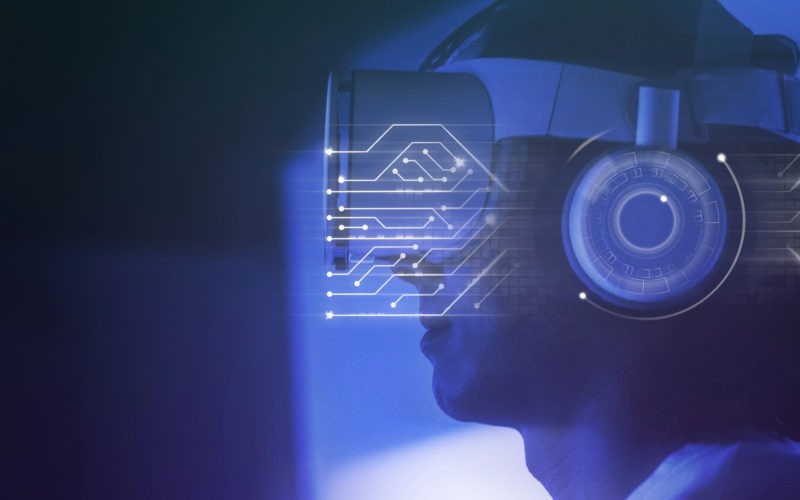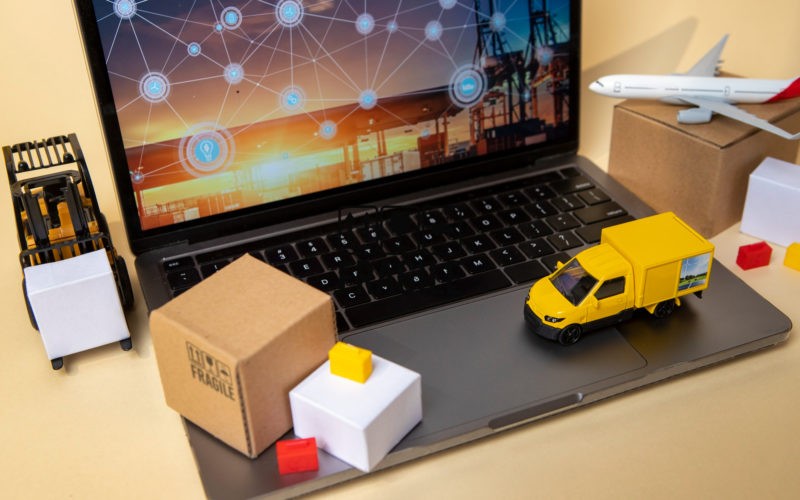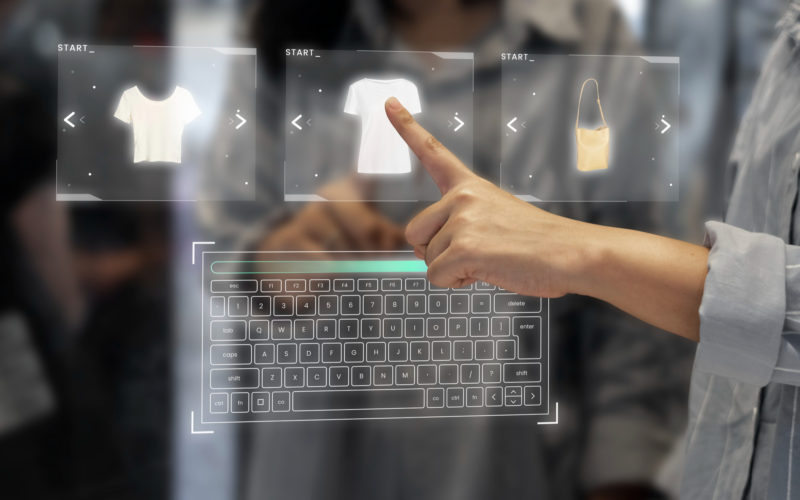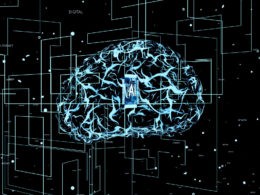The world has never moved as fast as today, and technology shapes our daily lives. One of the most exciting advancements is AI, which could revolutionize education. With AI, students can explore subjects at their own pace, receive tailored support, and develop critical thinking skills in innovative ways.
AI holds incredible promise in enhancing and improving education in countless ways. From personalized learning experiences to early intervention and support, AI revolutionizes how we teach and learn. With AI, the possibilities for improving education are endless. This paves the way for a future where every student can succeed and thrive.
Let’s look at possibilities for how AI can enhance education by empowering learners and educators.
Personalized Learning
In a classroom, students learn at their own pace and style. That’s where AI can improve personalized learning. AI can analyze how students learn best – through videos, interactive quizzes, or hands-on projects.
Then, it can tailor each learning experience to match individual needs, strengths, and learning styles. This can help students learn independently and focus on areas they need support.
Weapons Detection and Campus Safety
Regarding campus safety, AI is critical to enhancing security measures, particularly detecting weapons and potential threats. AI can simultaneously analyze video feeds from multiple cameras, identifying any anomalies or potential threats. For instance, if someone is carrying a firearm or other weapon, the AI system can immediately alert security personnel, allowing them to respond swiftly and effectively.
The weapon detection system integrates with other security protocols, such as access control and emergency notification systems. This automation ensures a coordinated approach to handling security incidents. If a weapon is detected, AI can automatically lock down certain areas of the campus, notify law enforcement, and send emergency alerts to students and staff. Many campuses are now exploring the implementation of advanced gun detection systems to further strengthen their proactive security strategies.
Adaptive Learning Platforms
Traditional classroom settings often struggle to accommodate students’ varying learning speeds and styles, leading to gaps in understanding and disengagement. Adaptive learning platforms powered by AI can adjust content and difficulty levels based on student performance and feedback.
Adaptive learning platforms identify areas where students struggle and offer additional explanations, exercises, or resources to reinforce concepts. For example, if students are having difficulty with math, they can receive assistance from an AI math tutor. The adaptive platforms can provide more challenging material for students who grasp concepts quickly to keep them engaged and motivated.
Virtual Tutoring and Assistance
AI-powered virtual tutors and chatbots can provide on-demand student support, answering questions, explaining, and offering guidance outside regular classroom hours. This can help students reinforce their understanding of concepts and overcome learning obstacles.
Virtual tutors use AI to understand students’ strengths and weaknesses, just like a real tutor would. Whether it’s a struggle with algebra or tackling a tricky essay, an AI tutor can break things down, answer questions, and provide personalized guidance. Virtual tutoring services can also be more affordable than traditional in-person tutoring, as they eliminate the costs associated with in-person tutoring.
Automated Grading and Feedback
AI algorithms can automate the grading process for assignments, quizzes, and exams, providing instant feedback to students and freeing up teachers’ time for more personalized instruction and support. It can quickly analyze student responses, spot common mistakes, and assign grades.
It can provide instant feedback to students, pointing out errors and offering suggestions for improvement. This means no more waiting days (or even weeks) for graded assignments – students get feedback right when needed, helping them learn and grow faster.
Data Analysis for Educational Insights
AI can crunch through mountains of data, such as student performance records, attendance logs, and assessment scores. It can spot patterns and trends that might have been unnoticed. Want to know which teaching methods work best? AI can analyze student performance and feedback to determine this.
Curious about which students need extra help? AI can flag at-risk students based on their behaviour and performance. Plus, it can even predict future trends based on historical data. For example, these models can predict student performance on standardized tests, identify students at risk of dropping out, or forecast enrollment trends.
Enhanced Accessibility and Inclusivity
AI has the incredible power to break down barriers and make education more accessible and inclusive for everyone. Take students with disabilities, for example. AI can help by providing personalized learning experiences tailored to their unique needs.
Whether it’s converting text to speech for visually impaired students or generating alternative formats for those with dyslexia, AI tools ensure that all students have the opportunity to succeed.
AI can also help with language translation, making educational content available to students in different languages. This means students from diverse backgrounds can access the same learning materials and participate fully in the classroom.
Improve Teacher Efficiency
AI can help teachers become more efficient by taking over repetitive jobs such as marking tests and giving feedback. This will enable them to dedicate their time to one-to-one teaching and involving students. Automated marking tools can swiftly evaluate multiple-choice questions, and sophisticated AI can scrutinize written tasks, offering insights into language use, organization, and the substance of the work.
Additionally, AI-driven classroom tools assist educators in monitoring student achievement, spotting potential issues, and personalizing lessons to suit each learner’s needs.
Professional Development
AI-driven educational platforms enable ongoing learning and career advancement. These platforms use adaptive learning algorithms to create personalized education paths that meet individual interests, career aspirations, and skill improvement areas. Whether someone is keen to learn new technical skills for work or immerse themselves in another pastime, AI can guide them to courses and resources that aid their educational pursuits.
Additionally, AI facilitates collaborative learning and knowledge sharing by linking learners with shared interests or areas of expertise. This is done through virtual study groups, discussion forums, and online communities, which are created using AI algorithms to create spaces where learners can exchange ideas and network.












